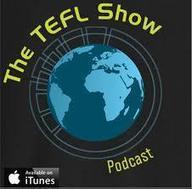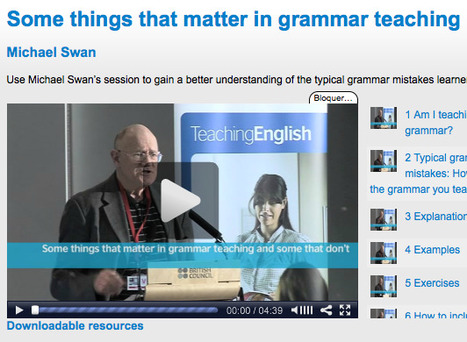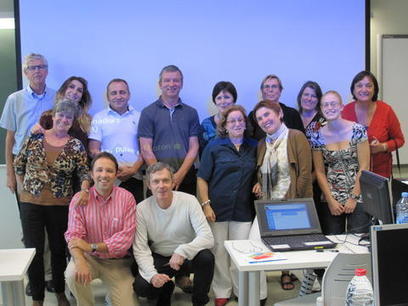On his Wordlists page, @muranava has a curated selection of English wordlists, both general and subject-specific. Find information about the General Service Word List, the Academic Word List, as well as specific corpora and recent updates to available resources. @muranava teaches EFL in higher education (engineering, business) in Paris, so some lists reflect that…
Via Shona Whyte



 Your new post is loading...
Your new post is loading...


































